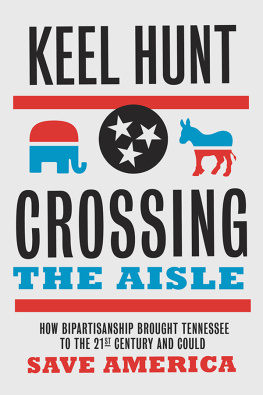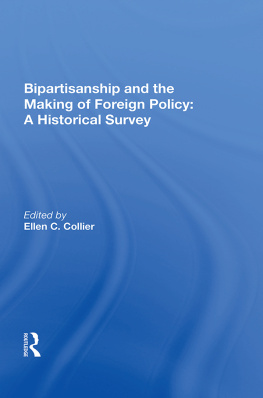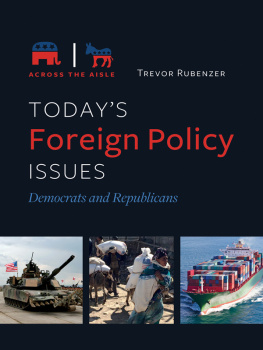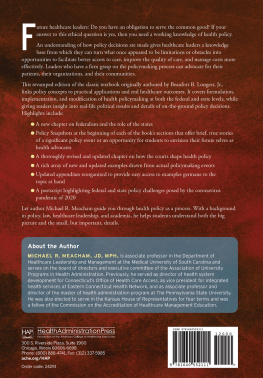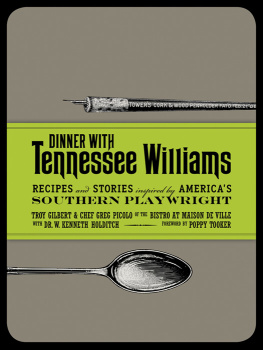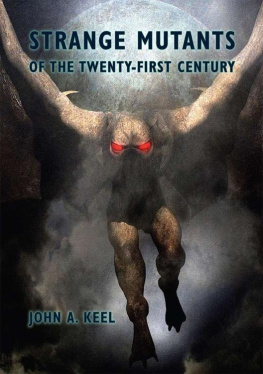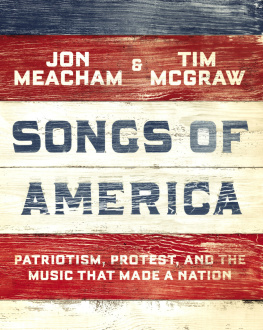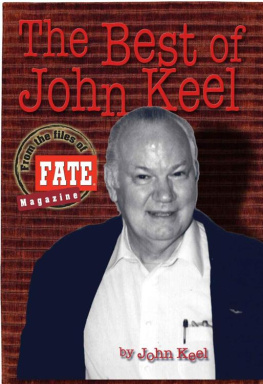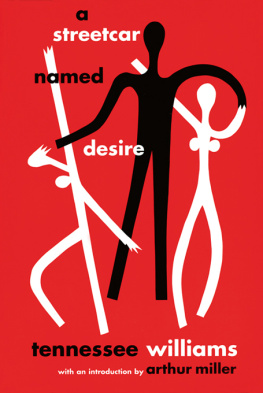CROSSING THE AISLE
CROSSING
THE AISLE

How Bipartisanship Brought
Tennessee to the Twenty-First Century
and Could Save America

by Keel Hunt
Vanderbilt University Press
Nashville
2018 by Vanderbilt University Press
Nashville, Tennessee 37235
All rights reserved
First printing 2018
This book is printed on acid-free paper.
Manufactured in the United States of America
Library of Congress Cataloging-in-Publication Data
LC control number 2018034571
LC classification number F440 .H863 2018
Dewey classification number 306.209768/0904
LC record available at lccn.loc.gov/2018034571
ISBN 978-0-8265-2239-9 (cloth)
ISBN 978-0-8265-2241-2 (ebook)
For Lewis
Politics is a beautiful word to me. Politics builds roads and bridges. Politics educates our children and helps handicapped children walk.
State Senator Anna Belle Clement OBrien 1984
And if we cannot be civil to one another, and if we stop dealing with those with whom we disagree, or that we dont like, we would soon stop functioning altogether.
Senator Howard H. Baker Jr. 1998
While we yet hold and do not yield our opposing beliefs, there is a higher duty than the one we owe to political party. This is America and we put country before party.
Vice President Al Gore 2000
This history is largely lost.
Congressman Jim Cooper 2015
F OREWORD
I GREW UP ON Missionary Ridge, the Civil War battlefield overlooking Chattanooga; in my childhood we could still find Mini balls from the battle in which a young Union soldier, Arthur MacArthur, the father of Douglas, received the Congressional Medal of Honor. The wars relics were real and tangibleI still have a few on my desk as I writeas was much of the complex American story. Braxton Bragg had been headquartered a few hundred yards from my house, and as children we would play baseball on the grounds of his camp. A few miles in the other direction sat the house of Chief John Ross of the Cherokee Nation. My contemporaries and I were sometimes taken to feed the ducks in a small pond there.
For Tennesseans, therefore, as for so many other Southerners, history is neither clinical nor remote, but real and present. And not just the ancient history: Chattanooga, like the state itself, reinvented itself in the twentieth and twenty-first centuries, building first an industrial economy and then, as the world changed, created an ethos that enabled it to thrive in the Information Age. Old times here may not be totally forgot, but they have also never been constricting.
How the Tennessee of todaya prosperous and congenial island of civility in a nation of divisioncame to be is the subject of the following pages. In this fascinating and constructive new study, Keel Hunt has given readers here and beyond an invaluable guidebook to confronting and overcoming the most difficult of civic challenges. Anyone interested in creating jobs, building communities, solving problems, and moving forward with what Franklin Roosevelt once called strong and active faith will find Hunts thoughtful explanation of the Tennessee story illuminating and even inspirational.
Even more so than many of its neighbors in the perennially perplexing South, Tennessee is a study of contrasts. Its in our DNA. Taken as a whole, for instance, the state was always ambivalent about the Confederacy. In February 1861 a majority of the states voters opposed a proposed secession convention. Union sentiment was particularly strong in the more mountainous eastern region of the state, with Confederate sympathy growing as one moved west, toward Memphis and the Mississippi.
Then came Fort Sumter, the federal call for militia to fight the secessionists, and Middle and West Tennessee carried the day at last, taking the state out of the Union.
By the end of the war, 120,000 Tennesseans had fought for the Confederacy, but a significant number, 31,000, took up arms for the Union. As historians have noted, that meant Tennessee alone provided the Federal forces with more soldiers than all other seceded states combined. Tennessee was the last state to secede and the first to rejoin the Uniona purplish state in the days before we spoke in terms of red and blue.
The states complicated geography and politics has made it an intriguing case study in how to govern. And so Hunts central theme is intriguing, too: the ways and means by which a series of transformative leaders have successfully transcended traditional political labels and divisions to create a place that welcomes pilgrims and strangers who quickly become neighbors and friends.
We make music and cars; we take care of the sick; we educate and we farm, even now. And were able to do all of those things in no small measure because of the stories Hunt tells herestories of political leaders from both sides of the aisle who kept their eye on the big picture, not the small fights. In 1978, when Lamar Alexander was running for governor (a biblical forty years ago, a fact I dont think he loves my mentioning, so I mention it a lot), he invited Tennesseans to Come On Alongalong to a brighter future. Heres the story of that unfolding journey.
Jon Meacham
Nashville, 2018
INTRODUCTION
The In-Between Time
I N THE SPRING of 2014, after my book Coup had been out for ten months, I was still enjoying the interviews, lectures, and book talks that will come an authors way. One evening, near the end of one book club gathering in south Nashville, a gentleman in the rear of the room raised his hand and, referring to the decade of the 1970s, asked me this:
So why was Tennessee so Democratic then and its so Republican now?
Good question. It had been a long day, and this particular event had already run well over an hour. The mans question was simple, but the answer was not. The truthful reply would take more time than any of us had to give on that waning evening.

T HE G REAT T RANSITION IN southern politics, which changed the South from deep blue to crimson red, like most important trends in American history did not have a single cause. Many currents shaped the new shoreline.
What we may remember now as the modern turning point for Tennessee, and for much of the South, was gradual and occurred on many levels over the final third of the twentieth century. Political shifts, economic progress, policy reforms, racial tensions and political responses to them, the rising up of leaders and also of demagoguesall these influenced the internal story of this fraught period in Tennessee. Part of the turn was a seismic political shift that had manifestations in election results across the nations broader politics. The change was brought on by personalities as well as events, both locally and nationally.

I N THE 1980S AND 90S, Tennesseans found ourselves smack in the middle of two political eras. The first was the one-party rule of Democrats, which had lasted until the 1960s. The other would be the one-party Republican dynasty, which was firmly in place by the year 2012.
It was a complicated period of transition, and I call it the In-Between Time. It was a time when intense political competition flourished. With each election, offices would swing back and forth between the political parties. As competition usually does in many realms, this vigorous political sporting attracted talent and produced excellence.
Next page
